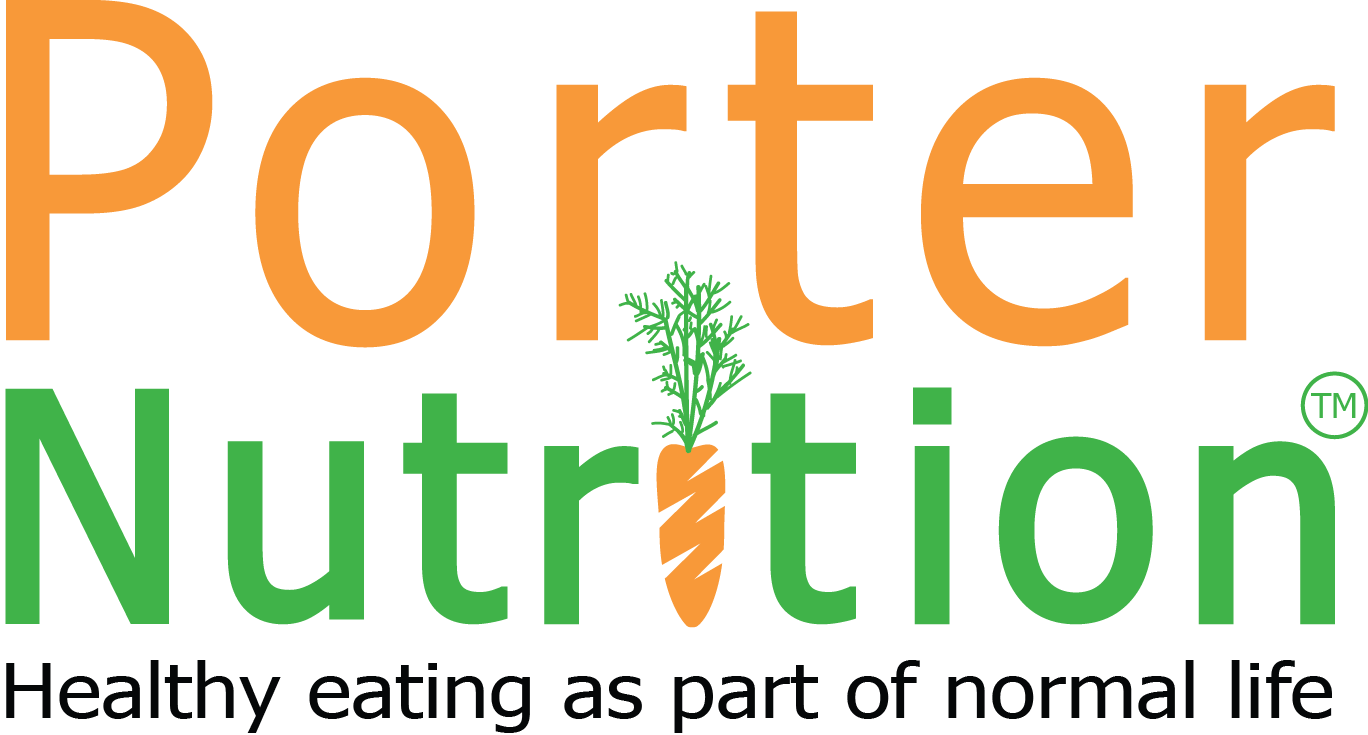I am a carer, and a Registered Nutritionist. It has been an eye opener becoming a carer. I wanted to share an experience with you which many carers can probably relate to. The issue of medication. I don’t write this a medic or a pharmacist (I am neither) but as a carer who was trying to navigate a difficult situation.
The problem
A while ago, the person I care for was prescribed an antibiotic to be taken for a week which had to be taken on an hour before food and she couldn’t eat for 2 hours after food. It had to be taken 3 times a day.
At the time, she was also on other medication which had to be taken with meals 3 times a day and one which had to be taken on an empty stomach. It was so complicated. She didn’t know how to work it out, so, it was left to me to work it out.
Possible solutions
1 – not eat (very bad idea)
2 – not take the medication which had to be taken with food or the one medication which had to be taken on an empty stomach (also a very bad idea)
3 – work out a complicated maths problem to make it all work
We chose option 3 although I can understand the temptation of options 1 and 2.
Nutrition is important. It is as important for health as medication (some might disagree) We need both the prescribed medication AND good nutrition. 3 meals a day are important. Depending on the person you are caring for, there may be a need for lots of small meals rather than the traditional 3 meals so that adds in an extra layer of complexity.
So how did we do it?
First we wrote the hours of the day on a piece of paper – old school, I know.
6am
7am
8am etc
Then we worked out the time she wanted to have breakfast – 8am
From there we worked out when she would have her antibiotics, when she could have the meals and we slotted in the empty stomach tablet at a slot which worked. It wasn’t easy and for some people there would be even more to navigate.
So, 1 hour before would be 7am for the first tablet. She could eat breakfast at 8am and have the 1st mealtime tablet. She could then have 2 hours after eating – so 10.30am (allowing time for her to eat breakfast). 10.30am she would take the tablet which had to be taken on an empty stomach. At 11.30 she could take the antibiotic and have lunch at 12.30pm (with her second mealtime tablet). A snack at 2.30pm and a tablet at 5pm ahead of dinner at 6pm with the 3rd mealtime tablet, and then another snack at 8pm before bed at 10pm.
Written in another way
7am antibiotic tablet 1
8am breakfast with mealtime tablet
10.30 tablet to be eaten on empty stomach
11.30 antibiotic tablet 2
12.30pm lunch with mealtime tablet
2.30pm snack
5pm antibiotic tablet 3
6pm dinner with mealtime tablet
8pm snack
10pm bed
It may be helpful to write it out daily and include all the other things happening in the day. This can help with deciding what to eat.
Other things to consider are wake up times, bed times, appointment times, rest times (some people may need naps) and when support is available for eating.
Once we had the timings, we could then work out what she was going to have at each meal.
Here are some food ideas from what we did
Cereal with fruit and nuts was a quick and easy option for breakfast
Snacks of yoghurt, oat cakes and peanut butter, cheese and crackers, fruit and seeds, and flapjack were quick and easy to get without help in this case.
Lunch is usually a sandwich – having precooked chicken, eggs, tinned fish, and pre prepared salad and fruit aid a smooth lunch. When out an about having the different components separately is great – a small pot with a hard boiled egg (peeled before leaving the house), nuts or pieces of chicken etc (remember food hygiene with things like this though), a small pot of vegetable sticks, a small pot of fruit and a small pot of starchy carbohydrate – eg crackers, oat cakes, bread, chapati.
Dinner can be more creative but batch cooking is helpful to ease the load. Fish pie, shepherd’s pie, curries, Bolognese – including the starchy carbohydrate and the portions of veg in the frozen/fridge batch meal really helps with reducing the washing up too.
The important last word
I have focussed on medication which needs to be taken at different times around meals. There are also some medications which should not be taken with specific foods or which can be affected by diet. That is another issue which I can’t explore here. I mention it just to remind us all that we need to read the label before taking medication.
I hope this article has given some practical tips for you as you care for your loved on. You are not alone in this. If you need help, please reach out. If you are struggling with medication, please also remember your pharmacist is there to help you navigate how to take them all. It’s important not to stop medication, even for a short period of time, without medical supervision AND it’s important not to compromise on nutrition because nutrition is essential for good health, recovery and strength.
Disclaimer – this is meant for information purposes and should not be treated as individual nutrition advice. Please seek individual advice about medication from a GP or pharmacist and nutrition from a Registered Nutritionist or dietitian.

